Ali Walsh uncovers some statistics about coeliacs who are prepared to take a gluten hit. But are ‘cheat’ days okay?
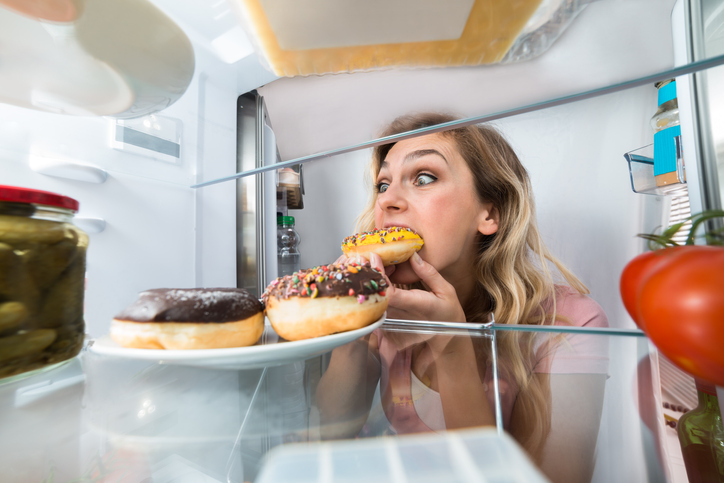
Amy raises a doughnut to the camera and winks as she takes a bite. Her video post on Facebook gets hundreds of likes. Why is everyone cheering her on? She’s coeliac and she’s having a ‘cheat day’.
Jonathan laughs about his mate, Ben. “He’s gluten-free until he gets drunk. Then he’ll have a couple of Coronas.”
I couldn’t believe my ears when I first heard these stories. Surely this was some sort of joke? There wouldn’t be anyone who’d do this, would there? I paused for a moment. What would happen if I ate some gluten? I immediately knew the answer: within hours I’d be doubled over in pain, bloated beyond belief and stuck in a self-inflicted smelly bathroom.
It’d be utter madness!
And yet there really are people doing this every day. I decided to investigate further and did a poll of 1,000 coeliacs to see what
they thought.
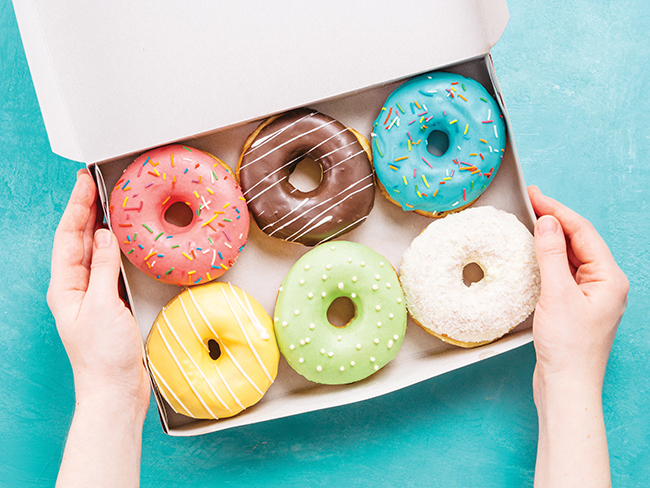
The completely committed coeliacs
No matter what, these coeliacs will only ever eat gluten-free. They prepare everything separately, won’t dine in a restaurant if they’re worried about cross-contamination and focus keenly on keeping healthy.
The coeliacs who confided in me were kind enough to be completely honest about their diets. They generally fell into 3 categories.
Kathryn’s story
Kathryn doesn’t consider the long-term damage worth risking. She isn’t pleased when other coeliacs take it less seriously because
of the knock-on effect in restaurants. She worries about ordering a meal when she gets told, “most coeliacs don’t mind
cross-contamination”.
Her son’s the same. He’s on a strict gluten-free diet, but now only eats food Kathryn’s provided after his school glutened him on multiple occasions. She constantly worries her son will get poorly.
She believes being a single parent makes her more vigilant. “I miss eating what I want, but there’s no way I’d risk it because it takes so long to recover. I don’t have anyone to rely on if I’m sick.”
She says there’s no point being coeliac for 95% of the time, because the other 5% of the time defeats the entire purpose.
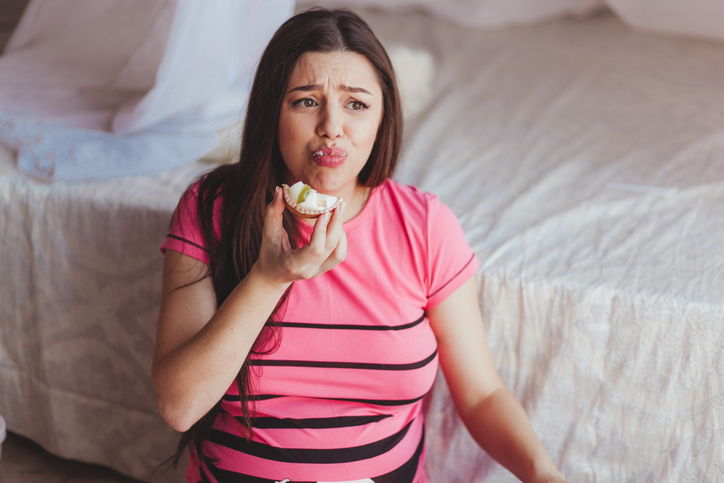
Statistics*
- 12.7% Eat gluten-free but don’t worry about cross-contamination
- 83% Eat gluten-free all the time
- 1.7% Can’t help but eat gluten sometimes (and get really bad symptoms)
- 1.4% Eat gluten occasionally (but don’t get symptoms)
- 0.3% Still eat gluten
- 0.9% Eat gluten when there’s nothing else/have been drinking
*All results are from UK-based coeliacs
The ones who risk it for a biscuit
Most of the time these coeliacs only eat gluten-free food. Nevertheless, they confess to being tempted every now and then. It’s not unheard of for them to help themselves to freshly baked bread if they’re eating out, especially if they’ve had a glass of wine.
Anne’s story
“I don’t get much in the way of symptoms and I eat gluten-free 99% of the time. I try to avoid cross-contamination too. But I do confess to trying a local dish if I’m abroad – just the once. That said, I stick to a gluten-free diet in front of friends and family.”
Sylvie agrees. She thinks mental health plays a large part in whether coeliacs choose to eat gluten-free. She likens it to smoking. “People know they shouldn’t smoke, but they still do it. It’s never easy to give up.”
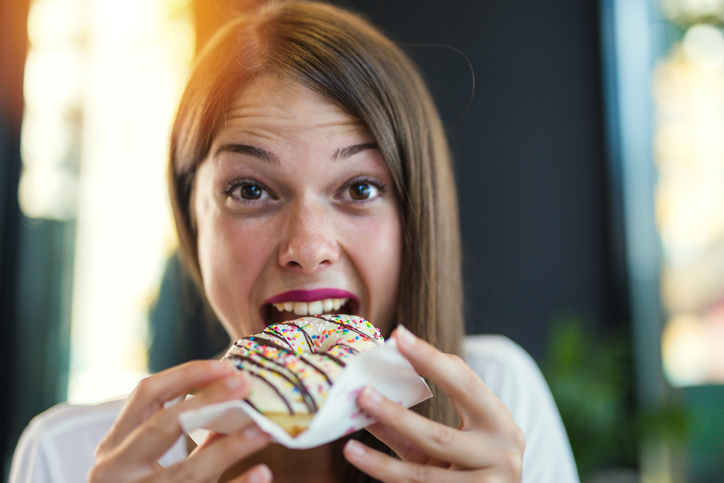
Those who eat gluten and suffer
Initially I thought the only coeliacs who’d eat gluten would be those with silent symptoms – there’d be no pain to deter them. But the coeliacs I contacted were quite the opposite.
Sophie’s story
Sophie says she eats a normal diet due to cost. She says she can’t afford to go gluten-free because she’s on a budget of £30 per week and it doesn’t stretch. She says she suffers quite badly every single day. When it’s pointed out gluten-free food’s got a lot cheaper, she says she still can’t afford it. Her dietitian’s told her she has to eat carbs and she can’t see how she’d do this economically on a gluten-free diet.
Her friend Alex agrees. He jokes on Facebook he looks pregnant a lot of the time and adds a laughing crying emoji which Sophie ‘likes’.
So who’s right?
It’s easy to be sympathetic to all three types of coeliac. We’re only human. How can we help it if we’re tempted to eat gluten every now and then? Given the hurdles thrown at us by a society that uses food and drink as a way of celebration, there are bound to be times (like weddings) where we throw caution to the wind and drink a pint of beer or eat a slice of cake.
Then there’s the expense of it all. It’s the norm to charge three quid for a loaf of gluten-free bread. With staples like this costing more than double the amount of ‘normal’ food, how can the average salary accommodate a gluten-free diet?
But the fact is our health as coeliacs has to come first. There are short-term solutions that will avoid long-term problems. Following a naturally gluten-free diet shouldn’t cost more than the average. Sophie says she struggles with carbs, but both rice and potatoes are gluten-free and they’re not expensive.
For those who don’t already realise it, there are some very real and horrible illnesses that come to coeliacs as a result of eating gluten. These are listed on the Coeliac UK website and include dental problems, osteoporosis and (in one of the worst case scenarios) cancer of the small intestine.
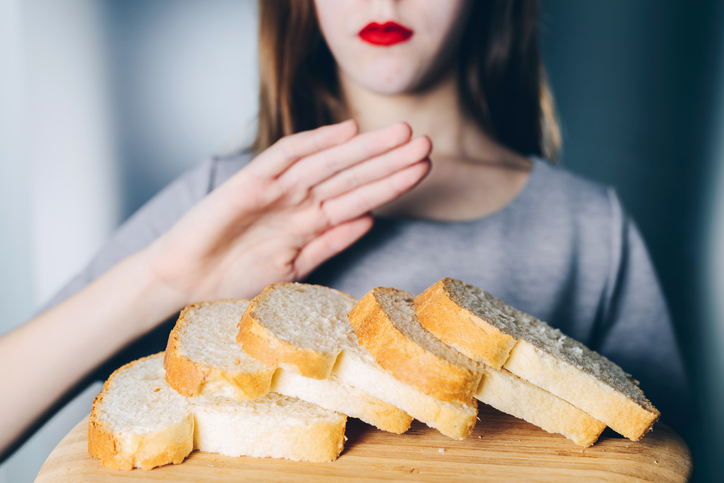
But is awareness of these problems enough to deter the occasional and regular food cheats? Even though they know the risks, they’re still eating gluten. And who are those people who champion the coeliac ‘cheat days’? Why are they so blasé about gluten? Do they think the occasional lapse won’t matter? Even Coeliac UK admits making the “occasional mistake won’t lead to long-term gut damage”. But that’s really in reference to people who are upset they’ve accidentally eaten gluten. It’s not meant to be an encouragement to those who want to cheat.
It’s a cliché, but cheating only really means cheating yourself. It’s not like coeliac disease is contagious. Eating a pie doesn’t mean the non-coeliac person next to you will get sick. But it does put you at immediate risk of any or all of the following: fatigue, weight loss (and not in a good way), anaemia, bowel problems, stomach cramps and mouth ulcers. Do we really need to hear more?
Apparently, we do. Those coeliacs who champion the cheaters for a start. Why do they think it’s okay to eat gluten?
So if you know another coeliac who eats gluten, don’t let them justify their actions. How they behave directly affects other people on gluten-free diets. I’ve lost count of the number of stories of glutening, cross-contamination and general ignorance from people who didn’t think it mattered because “so-and-so with coeliac disease is ok with it”.
It may often feel like you’re in this by yourself, but actually, by banding together and keeping consistent, we can all make life a lot better for ourselves as coeliacs. By continually ensuring restaurants get the same message, we’ll eliminate cross-contamination. By only ever eating gluten-free, we’ll ensure more gluten-free products are made and the current ones are improved. Our hard work will pay off – we just have to wait.
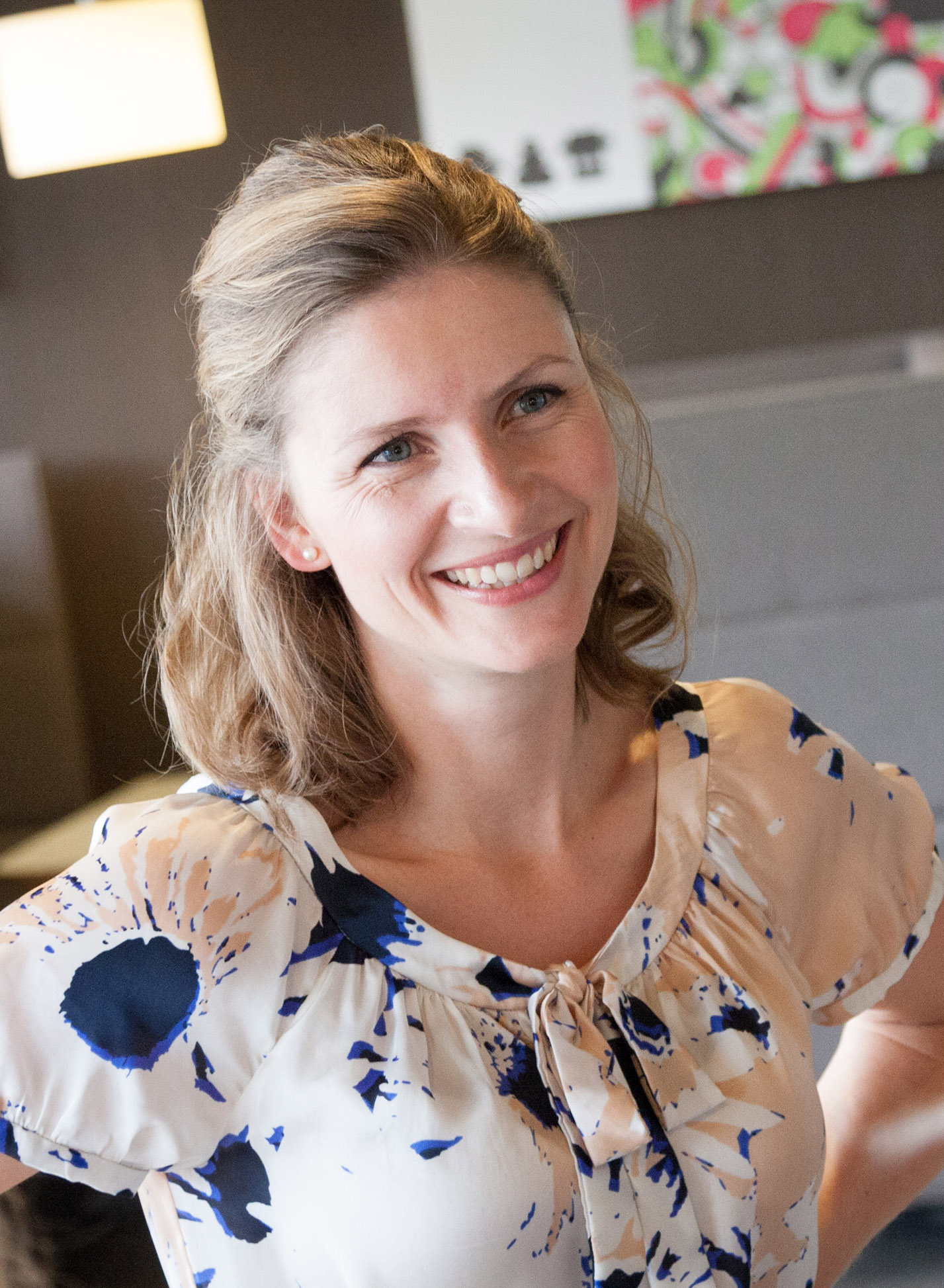 Ali Walsh was diagnosed with coeliac disease nearly 20 years ago, at a time when free-from food was scarce. She started her own cake business because there was a lack of fresh gluten-free cake on offer. Ali feels if you can’t eat a particular food, you shouldn’t feel deprived, and has created recipes so delectable that even people without dietary requirements clamour for her bakes. A regular on BBC radio, Ali often advises on managing diets. www.thelocalbakehouse.com.
Ali Walsh was diagnosed with coeliac disease nearly 20 years ago, at a time when free-from food was scarce. She started her own cake business because there was a lack of fresh gluten-free cake on offer. Ali feels if you can’t eat a particular food, you shouldn’t feel deprived, and has created recipes so delectable that even people without dietary requirements clamour for her bakes. A regular on BBC radio, Ali often advises on managing diets. www.thelocalbakehouse.com.
